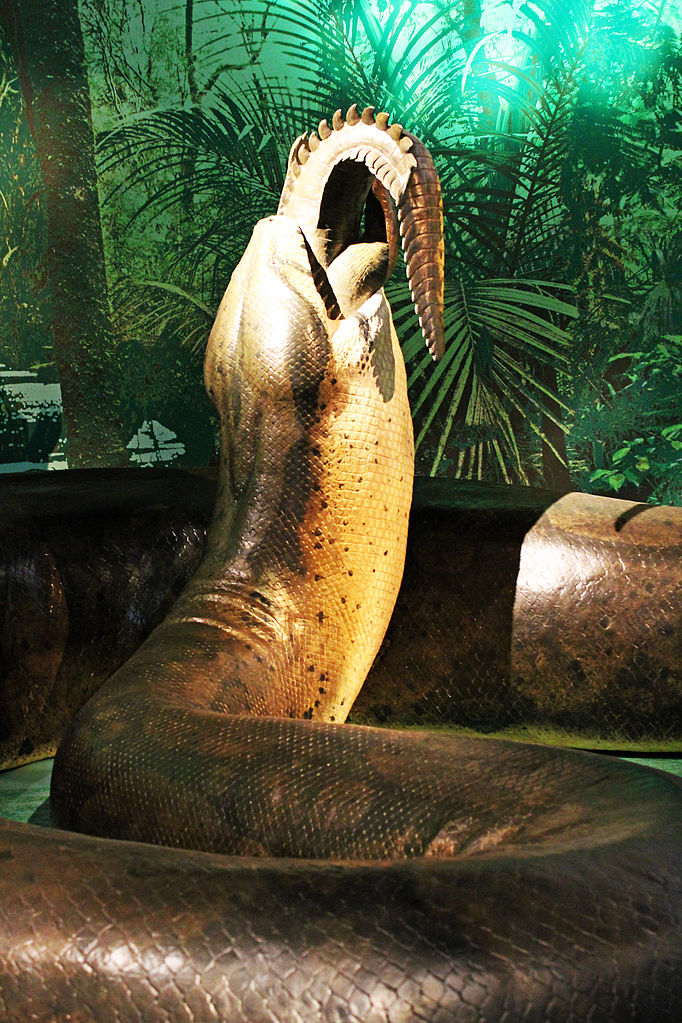
Table of Contents (The Complete Mahabharata in Simple English)
Previous Post: Strategies Proposed by Various Serpents for Their Welfare
| Note: In the previous post, we read about the suggestions given by various snakes who had gathered to find a way to protect themselves from perishing in Janamajeya’s snake sacrifice. In this post, we will read the solution Elapatra, a wise serpent who also knew something about the curse that his brothers didn’t, suggested to protect himself and his brothers. |
Elapatra spoke the last, after hearing all the snakes including Vasuki. He said, “We cannot prevent Janamejaya’s snake sacrifice. Further, Janamejaya is not the real cause of the danger we face. The real cause of our fear is ‘fate’ and a person who is afflicted by fate cannot find a solution for his problems in anything other than fate. Therefore, let us seek refuge in fate itself.”
Elapatra explained to his brothers that when their mother, Kadru, had uttered the curse, he lay crouching on her lap filled with fear. At that time, he heard the devas tell Brahma Deva about how cruelly Kadru had behaved with her dear sons. The devas were surprised that instead of opposing Kadru’s curse, Brahma Deva approved of it by saying, “So be it.” The devas wanted to know why Brahma Deva did not prevent the curse from taking effect. Brahma Deva explained that there were many reasons why he had approved Kadru’s curse: the snakes’ population had increased a lot; they were cruel and highly poisonous; and they were terrible in form. Brahma Deva explained that his actions were for the good of other creatures. He also promised the devas that only the sinful and cruel serpents who bit other creatures without reason would perish due to the curse. The harmless and virtuous snakes would remain safe.
Brahma Deva also explained how he would safeguard the virtuous snakes. He said that a great rishi called Jaratkaru would be born in the Yayavara race. He would marry a maiden from the race of the serpents whose name would also be Jaratkaru. Their son, Astika, would stop Janamejaya’s snake sacrifice after it had destroyed the sinful serpents, thus giving the virtuous serpents a chance to escape. Brahma Deva also explained that the maiden called Jaratkaru, would be none other than the snake chief, Vasuki’s, sister.
Elapatra then turned to his brother, Vasuki, and said that rishi Jaratkaru would wander begging for a bride. He urged Vasuki to give his sister in marriage to the rishi to ensure the welfare of the serpents.
Hearing Elapatra’s words, all the serpents delightfully exclaimed, “Well said! Well said!”
After this meeting, Vasuki took great care in raising his sister.
| Note: In the next post, we will read about when the devas approached Brahma Deva, once again, to request him to help the serpent, Vasuki. |
Table of Contents (The Complete Mahabharata in Simple English)
Next Post: The Devas Request Brahma Deva to Help Vasuki

